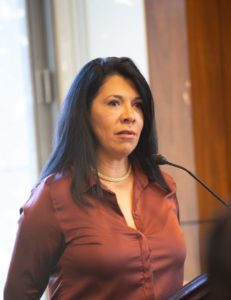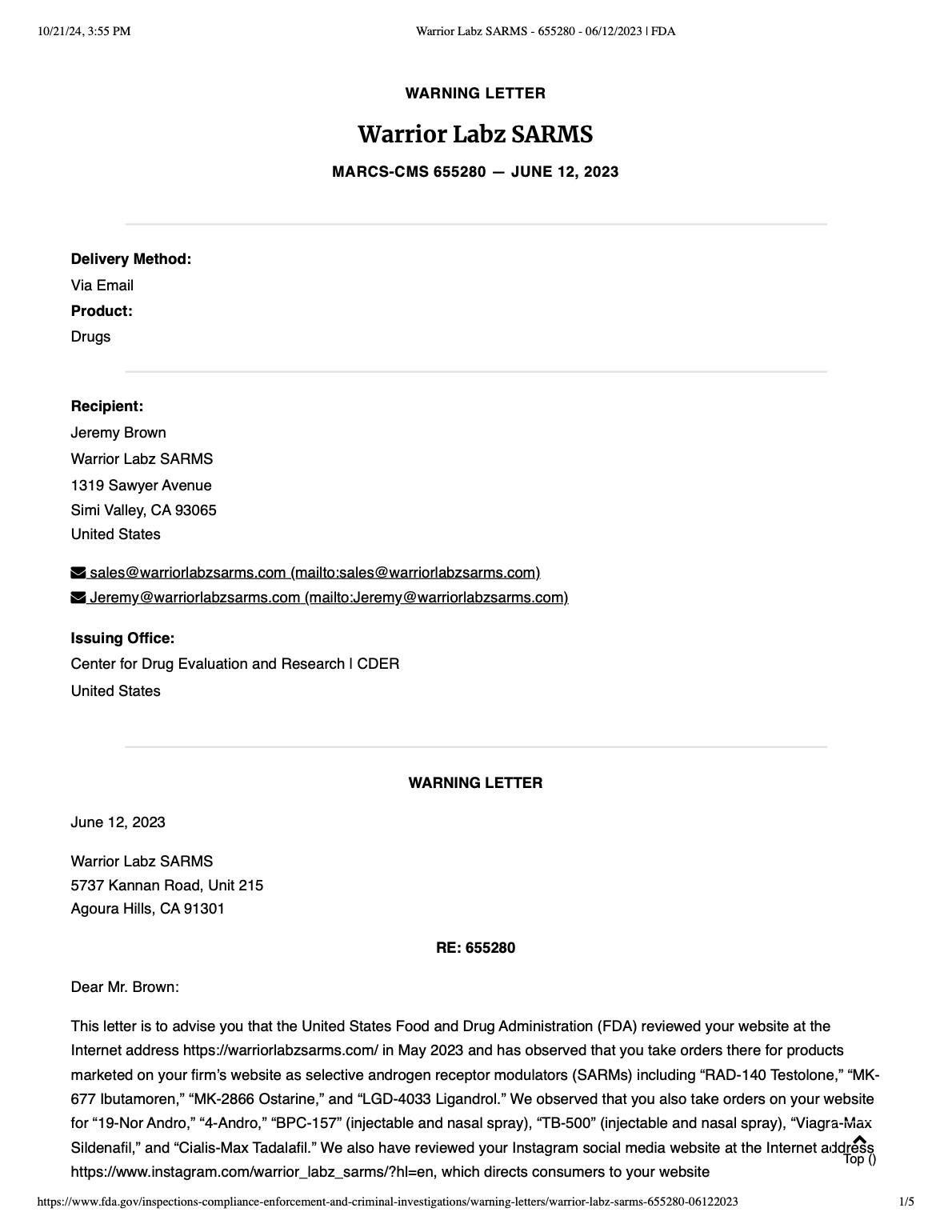October 21, 2024: PSM advisory board member leads petition for tariffs over fentanyl precursors from China
Major Stories
Family advocates petition the Office of U.S. Trade Representative to take trade action over Chinese fentanyl precursors. A NC-based drug plant has a long history of manufacturing violations. The New York Times tackles PBMs and pharmacy deserts.
Through her organization, Facing Fentanyl, PSM advisory board member Andrea Thomas and other family members of fentanyl victims submitted a petition asking the Office of U.S. Trade Representative to probe China’s role in the synthetic opioid crisis and impose tariffs over its failure to curb the export of fentanyl precursor chemicals. Thomas has been an advocate for families affected by the opioid crisis since her daughter, Ashley Romero, died of fentanyl poisoning after taking half of what she thought was an oxycodone pill in June 2018.
Reuters reported on a Greenville, North Carolina-based drug manufacturing plant with a ten-year history of breaking U.S. FDA rules meant to prevent contamination. The plant makes around 40 different medicines, including the weight-loss medicine Wegovy. The most recent problems, which were resolved to FDA’s satisfaction, involved Beyfortus, a preventive pediatric antibody therapy for RSV.

Andrea Thomas speaking at PSM's Fall 2019 Congressional Briefing
The New York Times says that pharmacy benefit managers (PBMs) are creating pharmacy deserts by systematically under-reimbursing independent drugstores. In fact, an industry study found that PBMs sometimes paid their mail-order pharmacies as much as 35 times more for brand-name drugs. According to the Times, 800 zip codes have lost all their pharmacies since 2015, and the dearth of local pharmacy options creates barriers for residents who must either travel further for medicine and vaccinations or switch to a mail order pharmacy and give up a relationship with and advice of a local pharmacist. See examples of how PBMs under-reimburse pharmacies.
Eli Lilly filed suit against Pivotal Peptides, MangoRx and Genesis Lifestyle Medicine of Nevada for selling non-FDA approved copycat versions of tirzepatide, the active ingredient in its weight-loss medicine Zepbound.
Domestic News
A California man admitted fraudulently selling illegally imported medicines online. Federal authorities prosecute alleged drug diverters in Puerto Rico and a Florida doctor who allegedly offered illegal silicone injections.
A Simi Valley, California man pleaded guilty to fraudulently selling unapproved medicines on the internet. Jeremy Brown imported selective androgen receptor modulators (SARMs) and unapproved versions of Viagra, Cialis, Ozempic, Wegovy, and Rybelsus from China and Brown sold them as “research drugs” through websites associated with his business, Warrior Labz SARMS. Brown falsely claimed that the company used the highest quality pharmaceutical grade ingredients and U.S. manufacturing practices even though he failed to verify the contents of the medicines or the conditions under which they were shipped or stored.
The U.S. Attorney's Office in Puerto Rico indicted 27 people for their alleged roles in a ring that distributed over $13,000,000 in diverted and misbranded medicines which they acquired outside the regulated drug supply chain. Eleven of those defendants are pharmacy owners and employees who are also charged with health care fraud for billing healthcare benefit plans for authentic drugs even though they were selling lower cost, illegally diverted ones.
A physician in Orlando, Florida was indicted after he allegedly received liquid silicone and offered to inject it into a person’s body for body contouring. This use of Injectable silicone has not been approved by the U.S. Food and Drug Administration (FDA), and has been linked to embolism, strokes, infections, disfigurement and death.
The FDA sent Warrior Labz a warning letter in June 2023
International News
Counterfeit versions of a lung cancer treatment have been found for sale online.
Korea Biometric Review reported that counterfeit versions of Lazcluze, recently approved in the U.S. as part of a combination treatment for metastatic non-small cell lung cancer, had been found on online platforms such as IndiaMart.

Lazcluze being sold on IndiaMart, October 2024 (screenshot)
